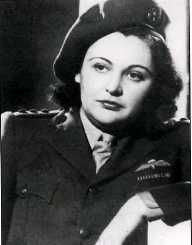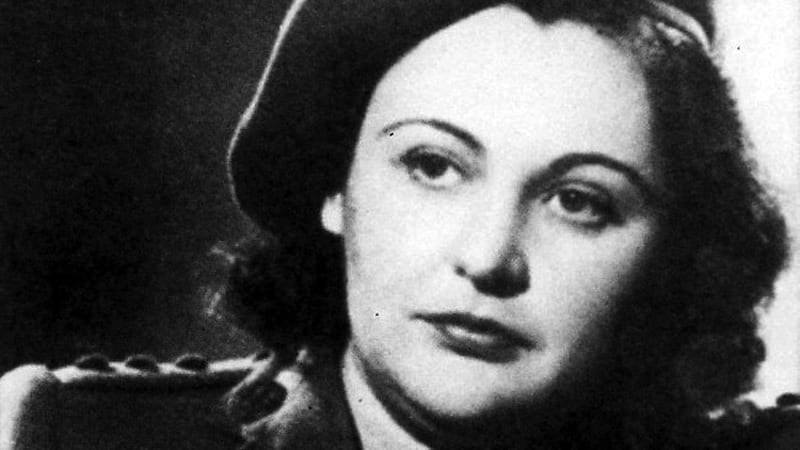
“But this was the only time I used it – whack – and it killed him all right. “They’d taught this judo-chop stuff with the flat of the hand at SOE, and I practiced away at it,” she said later, recalling the incident. As an investigating SS sentry was about to raise the alarm and give her and her crew away, Wake killed the guard with her bare hands. Her most notable achievement came when the SOE was raiding a German gun factory. Getty Images Nancy Wake after World War II. She herself led several attacks on the Gestapo in Montluçon and at one point offered to personally execute a German spy that her men were too scared to kill themselves.

Her training officers all noted that she was a quick learner, a fast shot, and could “put the men to shame.”īefore long she was a high ranking officer for the SOE in charge of organizing and allocating arms to 7,500 men. Once in Britain, Nancy Wake joined the Special Operatives Executives and was trained in several combat and intelligence programs. The German guards let her go, and she eventually escaped through the Pyrenees into Spain, and later into Britain. When she was picked up on a train outside of Toulouse, she spun a wild tale of deceit, claiming she had to be let go because she was the mistress of one of the guards and that she had to conceal her identity from her husband. “God, what a flirtatious little bastard I was.” “A little powder and a little drink on the way, and I’d pass their (German) posts and wink and say, ‘Do you want to search me?'” she said. She would later remark on her tactics, which usually consisted of flirting or talking her way out of precarious situations. On her way to Britain, Wake earned her nickname of the White Mouse as she evaded capture by SS guards and Gestapo officers several times. Wake didn’t learn of Fiocca’s death until after the war was over. Shortly after she departed, her husband was captured and tortured for information on her whereabouts, but he kept her secret – which eventually cost him his life. Leaving Fiocca behind to continue their work from Paris, she planned to travel to Britain. Stringer/Getty Images Nancy Wake holding a resistance poster.Įventually, it became too dangerous for Nancy Wake to continue her work from inside France’s borders. The Gestapo knew, in part, of the resistance occurring right under their noses and were working tirelessly to stop it, searching Wake’s mail and staking out her home. Rather than leave her home, Nancy Wake remained in Paris and joined the French Resistance with her husband, Henri Fiocca, a wealthy French industrialist.įor two years they worked as couriers for the resistance, later becoming part of an escape network to get downed Allied soldiers back to safety. In 1940, the Nazis invaded Belgium, the Netherlands, and France. Immediately, she vowed to oppose Hitler by whatever means necessary. In Vienna, Wake witnessed firsthand the horrific treatment of Jewish men and women at the hands of devoted Hitler followers. While working as a freelancer for a Parisian newspaper, the Australian expatriate was asked to travel to Vienna to interview the new German Chancellor – a man named Adolf Hitler. They referred to her as the “White Mouse,” as she had managed to evade capture several times throughout the war.

By 1942, the Gestapo had put her at the top of their most wanted list, offering a five million franc prize for her capture, dead or alive. Trained in hand-to-hand combat, espionage, sabotage, and able to drink almost all of her male counterparts under the table, Nancy Wake was known as one of the most fearsome French Resistance fighters during World War II. Tardivat realized at that moment that if there was one thing Nancy Wake was not, it was a damsel in distress. “Don’t give me that French shit,” she said as she untangled herself from the tree. On her way to the local maquis resistance group, she had no time for Tardivat’s asininity.

Wake, who’d gotten stuck in the tree after parachuting from a B-24 bomber, was armed with classified documents. “I hope that all the trees in France bear such beautiful fruit this year,” he said.

As he looked up at her hanging from the branches, he remarked on her beauty. On March 1, 1944, French Resistance Captain Henri Tardivat found Nancy Wake tangled in a tree. Nancy Wake during her time as a Maquis fighter.


 0 kommentar(er)
0 kommentar(er)
